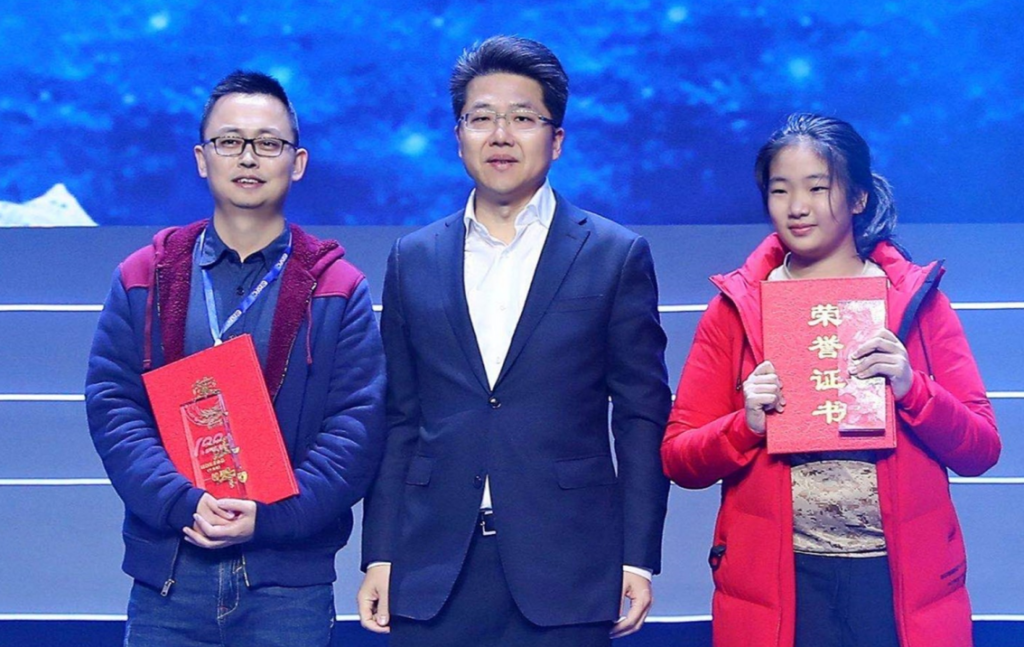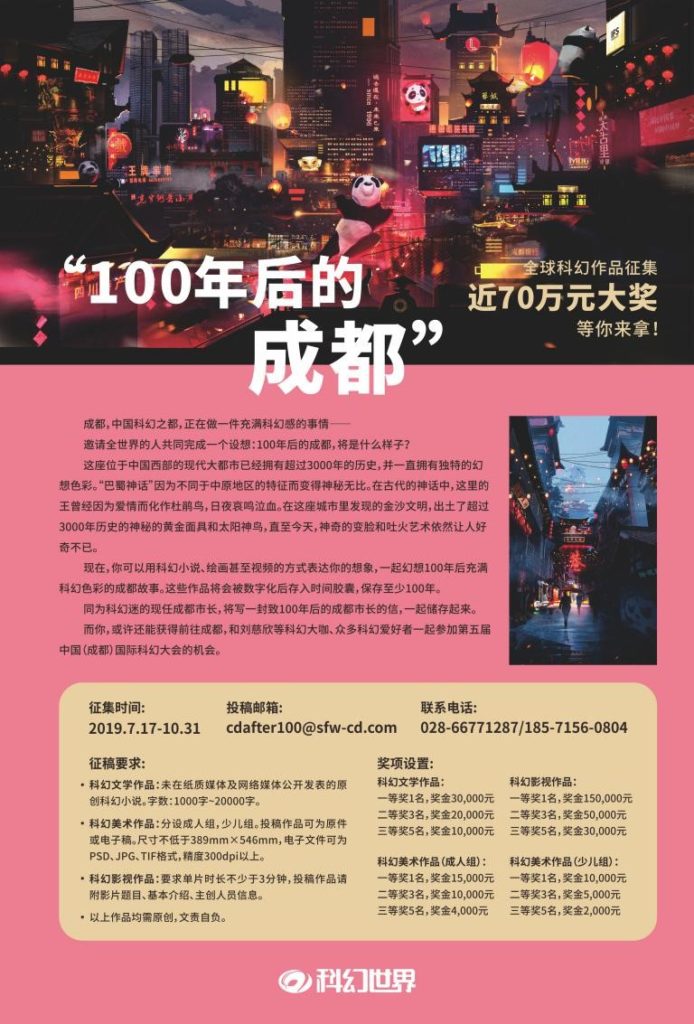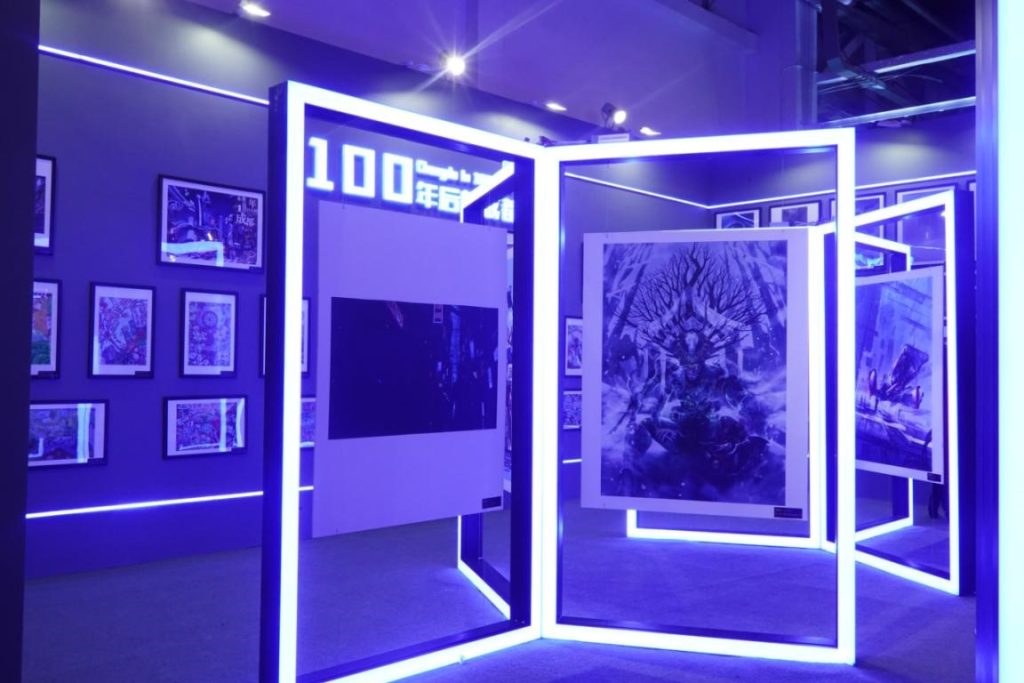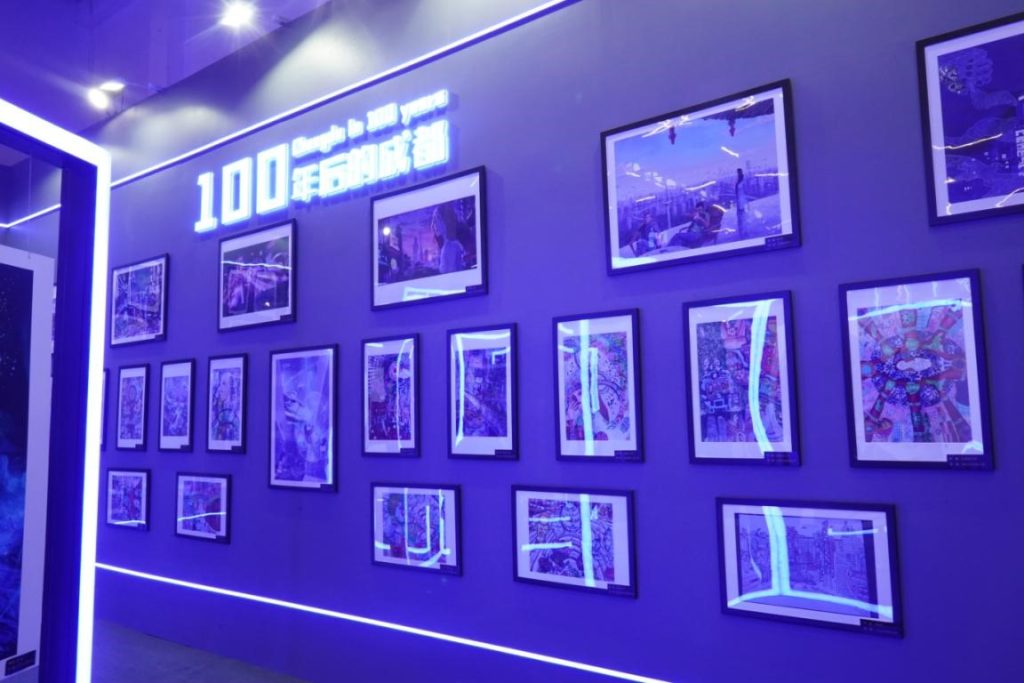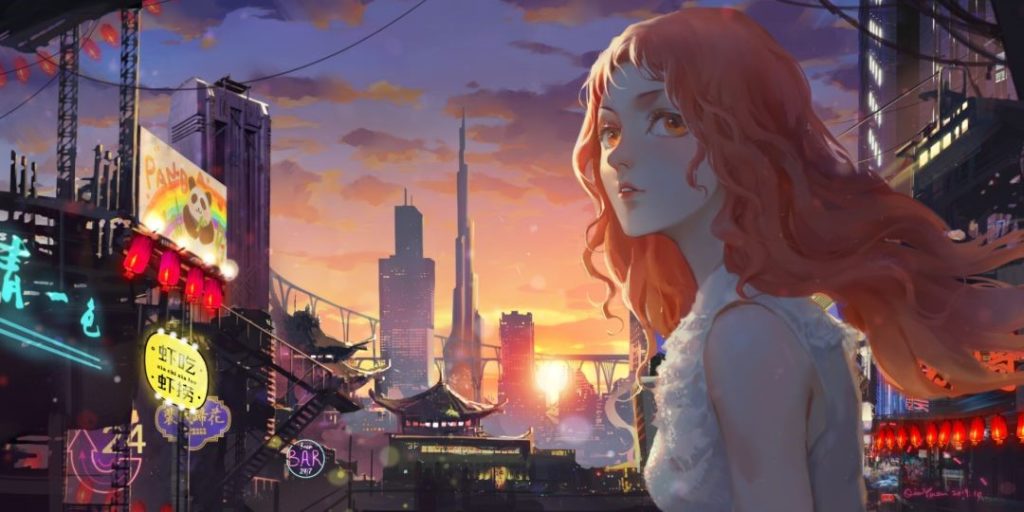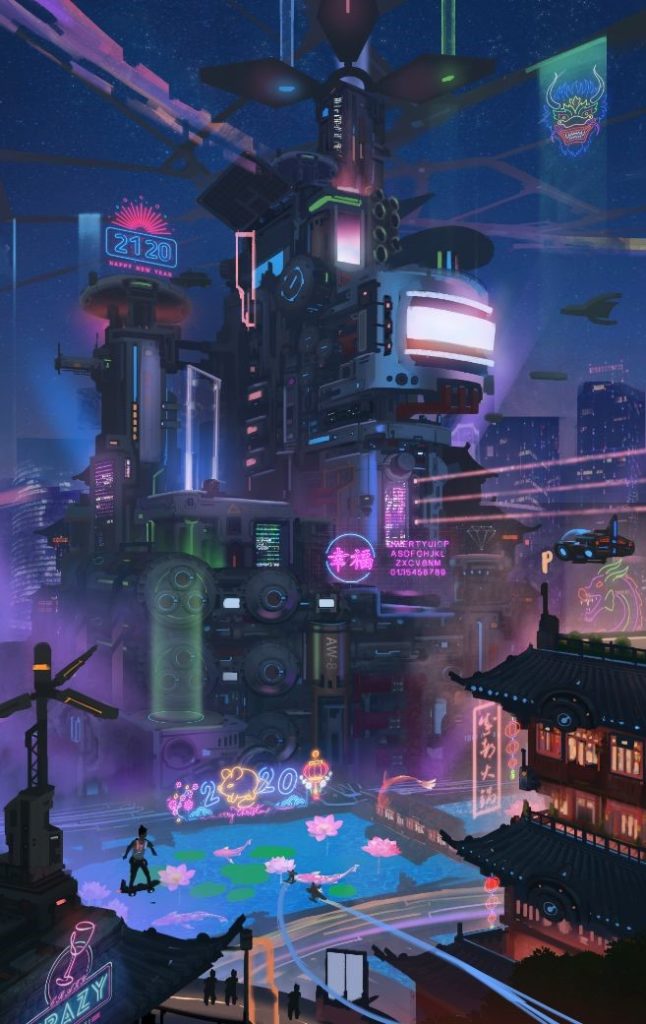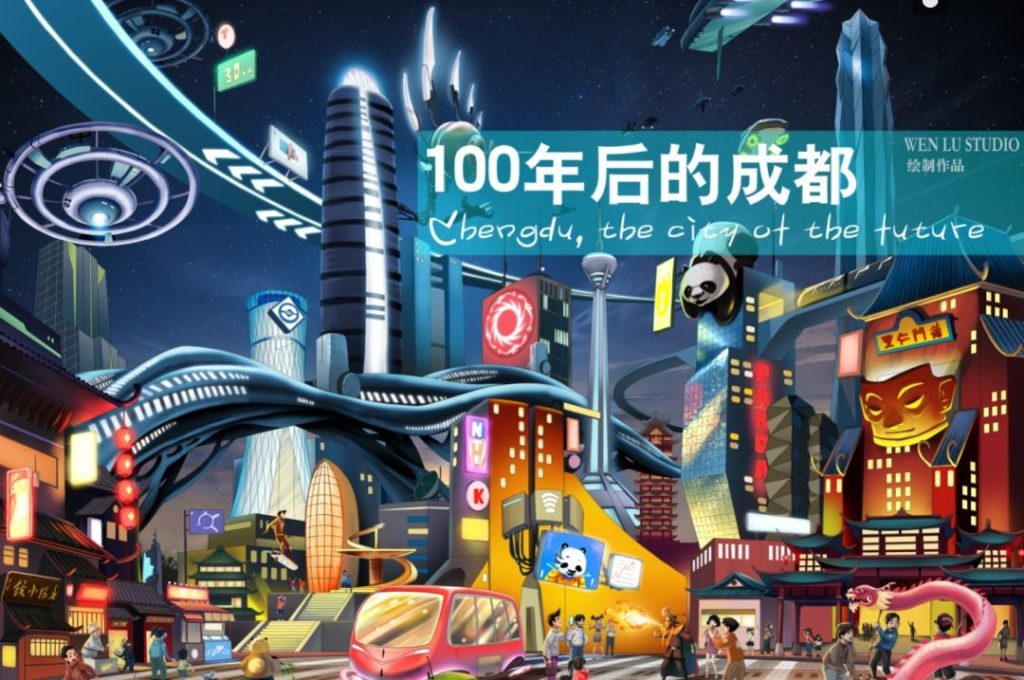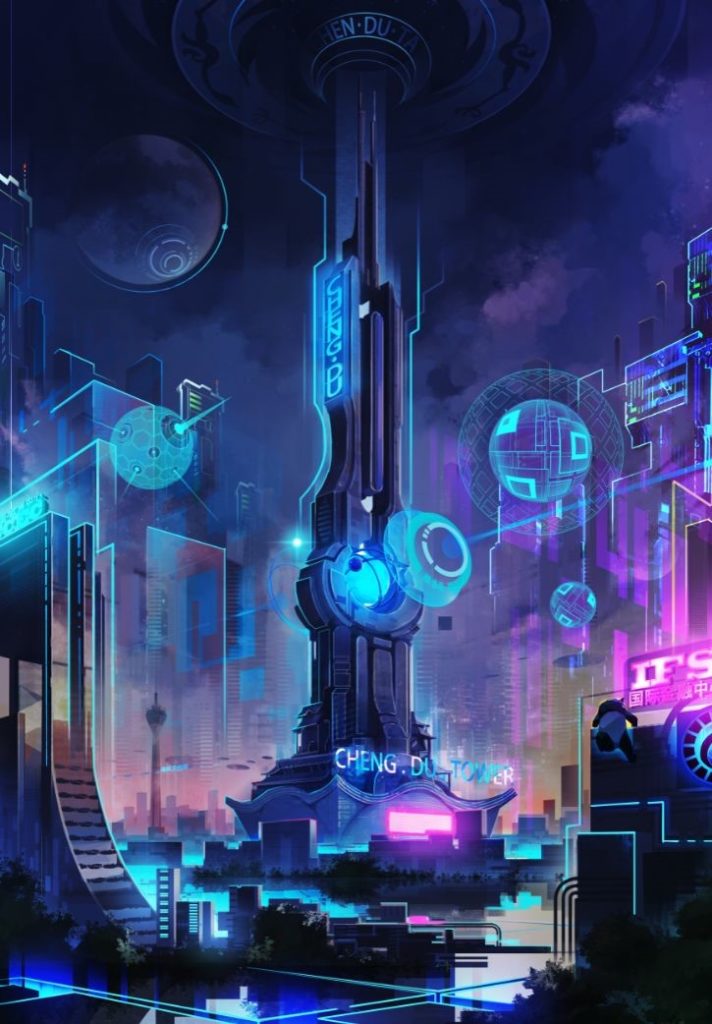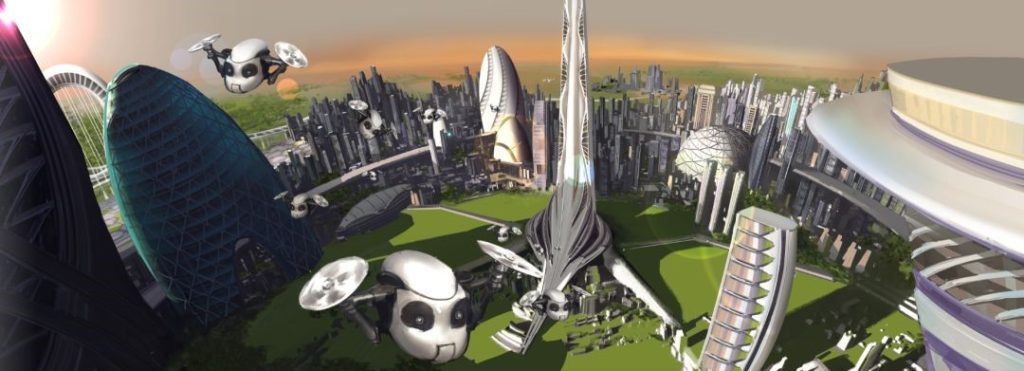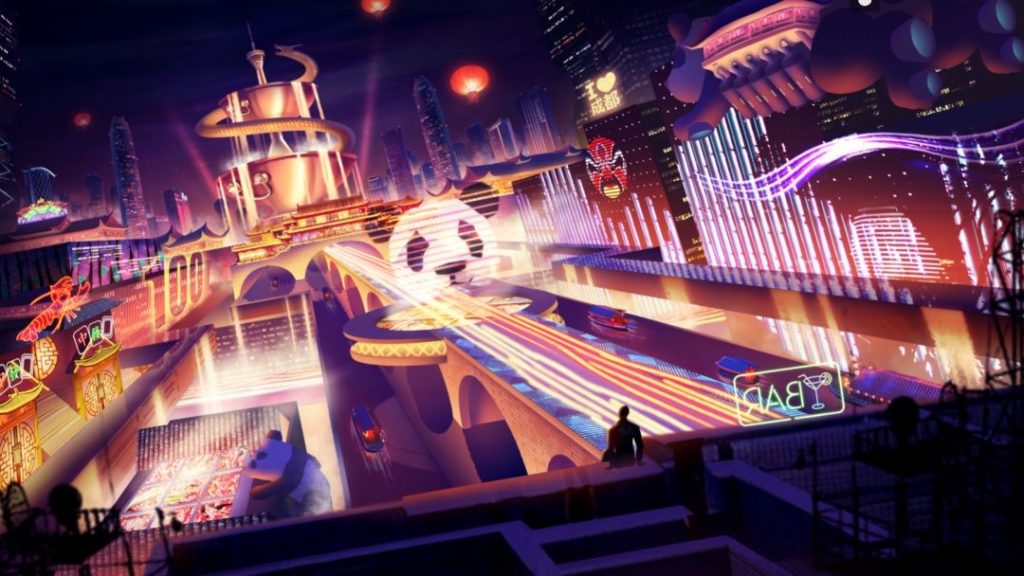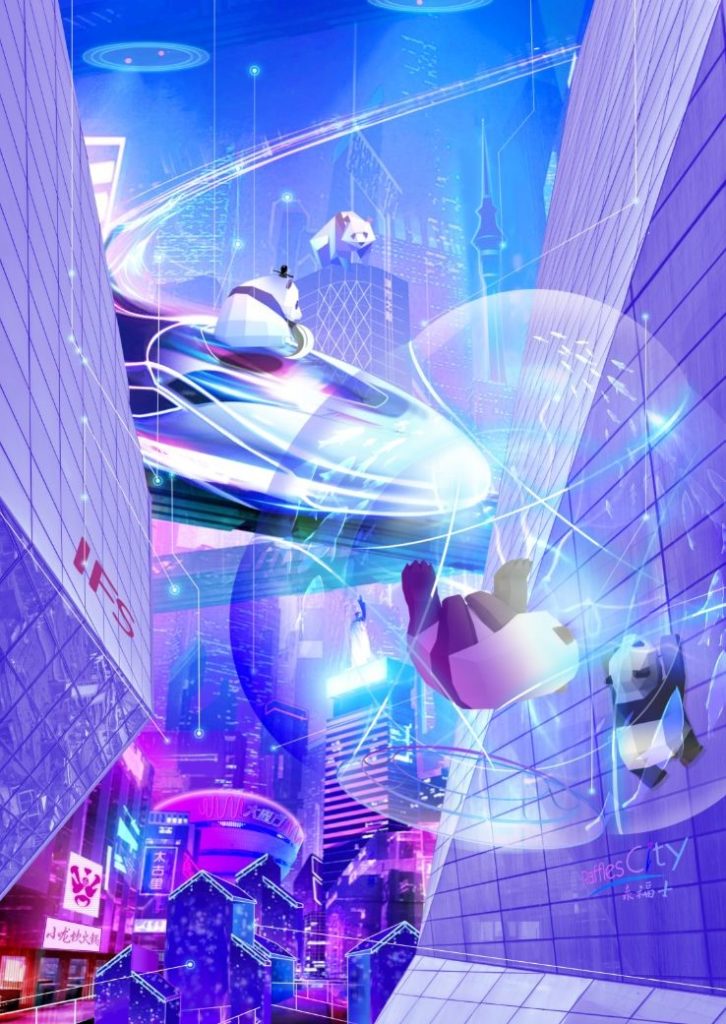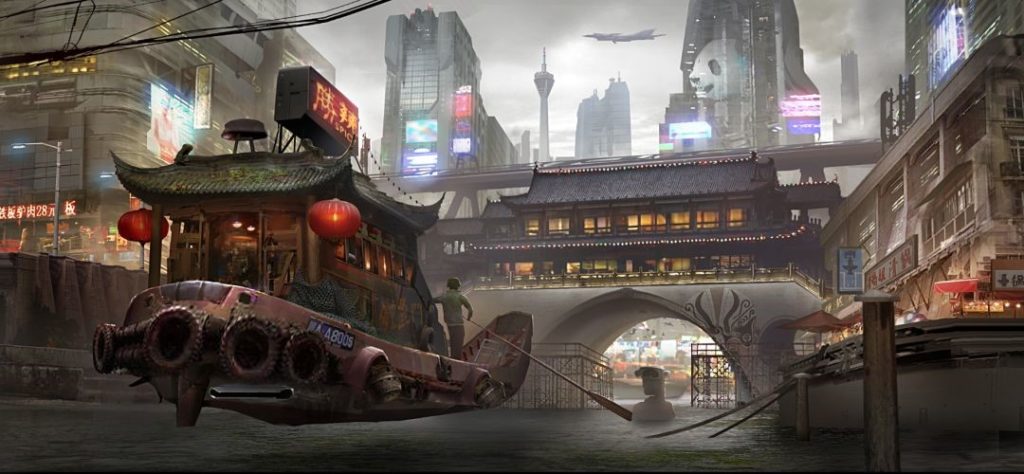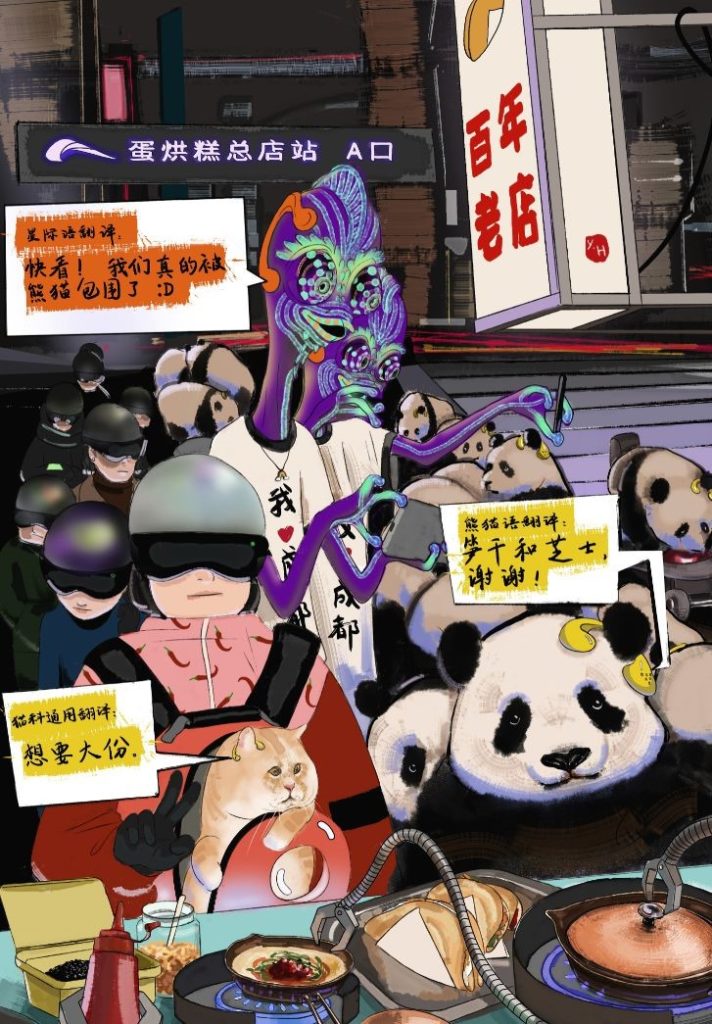
By Ersatz Culture.
IN THE GUARDIAN.The Guardian’s report “Science fiction awards held in China under fire for excluding authors” includes quotes from Xiran Jay Zhao and Paul Weimer.
…No reason was given for the exclusions, which were only revealed on 20 January when the Hugo awards published the full nomination statistics for last year’s prize. Certain titles were listed as having been given votes, but were marked with an asterisk and the words “not eligible”, with no further details given….
…Concerns have been raised that the authors were targeted for political reasons, connected to the fact that the ruling Chinese Communist party exerts a tight control on all cultural events that take place inside its borders.
Dave McCarty, the head of the 2023 Hugo awards jury, wrote on Facebook: “Nobody has ordered me to do anything … There was no communication between the Hugo administration team and the Chinese government in any official manner.”
McCarty did not respond to a request from the Guardian for comment, but shared what he said was the official response from the awards administration team on Facebook: “After reviewing the constitution and the rules we must follow, the administration team determined those works/persons were not eligible.” He declined to elaborate on what the rules were.
“I can only guess to why I was excluded, but it probably has something to do with my critical comments about the Chinese government in the past,” said Xiran. “You would think that as a big, powerful country, China would be graceful about criticisms, but they in fact take it very personally, and doubly so when it’s from Chinese diaspora.”…
…In an Instagram post published on 22 January, Kuang wrote: “I wish to clarify that no reason for Babel’s ineligibility was given to me or my team. I did not decline a nomination, as no nomination was offered … I assume this was a matter of undesirability rather than ineligibility.”
Paul Weimer, a hobbyist sci-fi writer, discovered last week that he was excluded from the best fan writer category, despite receiving enough nominations to be shortlisted. “I had the highest of hopes for Chengdu,” said Weimer, who has been nominated for Hugos in previous years. “I thought it was amazing that a number of Chinese fans had got together to get this bid together.”
The organising committee of Chengdu Worldcon did not respond to requests for comment….
The Bookseller posts about the Hugo controversy; seemingly removes the post shortly afterwards
Around 1:20pm UK time on Wednesday, I noticed that the website of The Bookseller trade magazine had posted a piece about the Hugos, covering material that should already be very familiar to File 770 readers.
Perhaps more interestingly, by around an hour later, the post seemed to be no longer available, or shown on their homepage, instead presenting a visitor with a login prompt, The Bookseller does operate a system where you can only read one article a month without creating a (paid) account, but the usual workaround of opening the link in an incognito window or clearing cookies did not work. (As I write this up several hours later, a generic “topics” index page is instead returned.)
Fortunately, Google has a cached copy. (Click for larger image.)
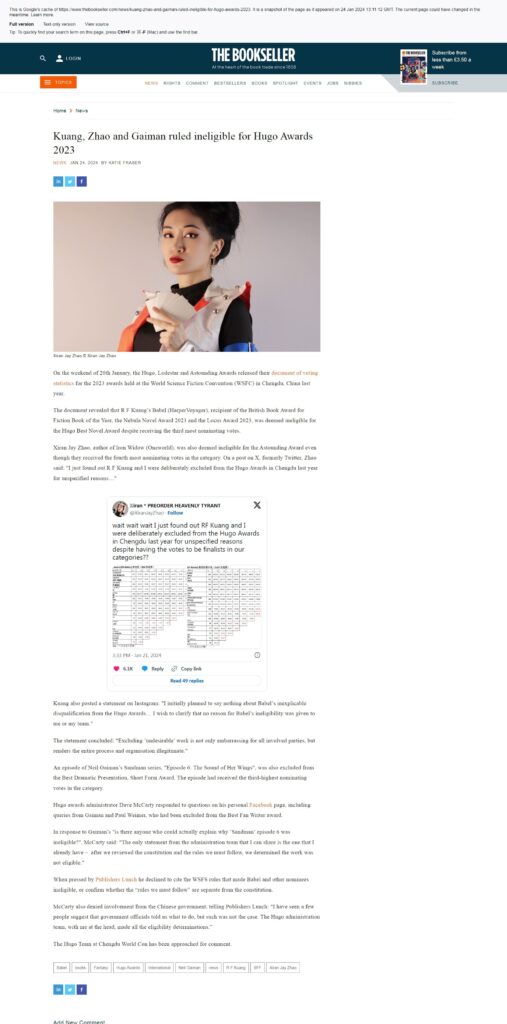
Bizarre post from Chengdu Worldcon Vice-Chair and Hugo finalist/nominee La Zi
拉兹 (La Zi, aka Raz aka Lattsep) is – per his Weibo bio, as rendered by Google Translate – ‘Deputy Editor-in-Chief of Science Fiction World, Chief Editor of “Science Fiction World”‘. (I think one of those is in reference to the general SFW company, and the other to the SFW print magazine.) The Chengdu Worldcon site lists him as one of eleven Vice Chairs of the con. He was co-editor of the Best Fanzine finalist 中文科幻学术速递 (Chinese Science Fiction Express), placed tenth in the Best Editor, Short Form nominations. He also co-edited the 2022 bilingual Galaxy Awards 1 anthology, the English translations therein being the means by which the older Chinese stories “Color The World”, “Upstart”, “Turing Food Court”, “Fogong Temple Pagoda”, “Resurrection”, “Tongji Bridge” and “2039: Era of Brain Computer” appear in the Novelette and Short Story nominations lists, although only Resurrection was a finalist, with “Color the World” and “Fogong Temple Pagoda” both being marked as “Not eligible”. (The former being excluded because the translation had previously appeared in a 2021 anthology; the issue with the latter is still unknown.)
His most recent Weibo post from Tuesday 23rd reads as follows:
烂事早晚发酵,我阻拦还被泼一身屎,搞得某人跟我断交。希望现在知道我为什么阻拦了,阻拦是因为看到了某些位子底下埋了雷,坐上去就是死路一条,却被背后传小话的小人污蔑为夺人名利。好意或许被栽赃,问心无愧便无所谓。
Google Translate renders the text as follows:
Sooner or later, the bad things started to get worse. I got shit thrown at me when I tried to stop him, which made someone break up with me. I hope I know now why I blocked it. I blocked it because I saw that there were mines under certain seats. Sitting on them meant you would die, but you were slandered by the villains who gossiped about you for taking fame and fortune. Good intentions may be framed, but it doesn’t matter if you have a clear conscience.
If that makes “the rules we must follow” look like the model of clarity, bear in mind that of the six (as I write this up) user comments, three are variants of “what are you talking about?”, so it’s no more comprehensible to many Chinese users than those reading the translation.
Below is a screengrab of the post along with an alternative English translation from the Alibaba Cloud functionality built into Weibo.
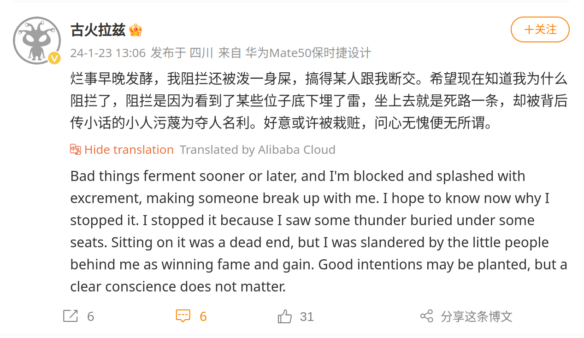
China cracks down on publishing of false data
On Monday, Reuters (via MSN) published a short piece entitled “China vows to punish officials for falsifying economic data“. Selected paragraphs from the story:
BEIJING, Jan 22 (Reuters) – China will investigate and punish officials for falsifying economic data, the National Bureau of Statistics said on Monday, amid scepticism about the reliability of Chinese data….
“Statistical fraud is the biggest corruption in the field of statistics, which seriously violates the statistics law, seriously affects the quality of statistical data, obstructing and even misleading macro decision-making,” the official said…
There has long been scepticism about the reliability of Chinese data, especially as the government has sought to defuse market concerns about a protracted slowdown in the world’s second-largest economy.



